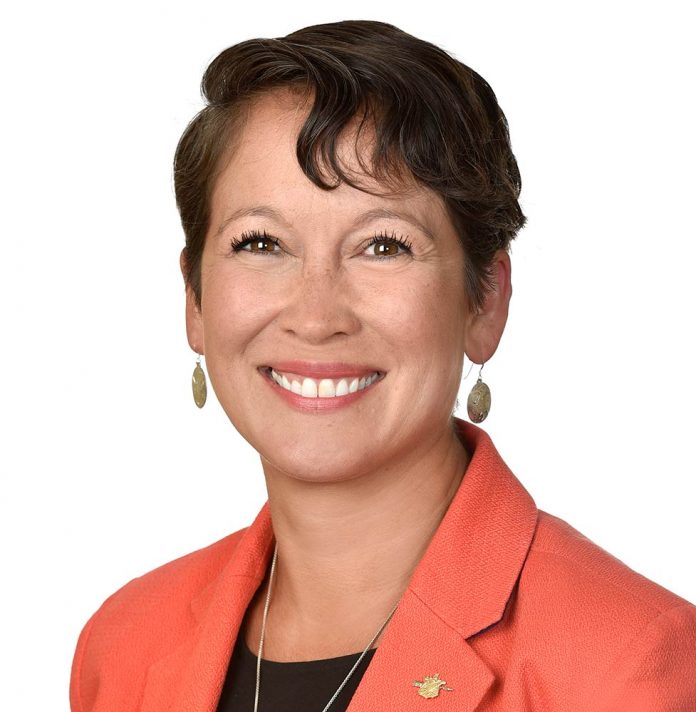APPLICATIONS for StudentAid BC, along with the new non-repayable B.C. Access Grant, are now open.
This up-front grant, along with new funding for students with disabilities, expanded open education resources and online support through BCcampus, will open doors for students to return to school and earn the college or university credential of their choice.
“Whether you’re a high school grad, a current student or are returning for new skills and training, these new government supports mean the doors are wide open for you to get a post-secondary credential and pursue your dreams,” said Melanie Mark, Minister of Advanced Education, Skills and Training. “Our government is absolutely committed to making life more affordable for all British Columbians. Our investments in post-secondary education empowers students and helps communities get back on their feet and be part of B.C.’s economic recovery.”
Every student who applies for StudentAid BC will now be automatically assessed for the new B.C. Access Grant. Announced in Budget 2020, the B.C. Access Grant will break down barriers and enable over 40,000 low- and middle-income students, or about twice as many students as supported under previous grants, to access more affordable public post-secondary education. These students will receive up to $4,000 a year to help with the up-front cost of programs leading to a certificate, diploma or degree.
Mark also announced new investments totalling $2.175 million to better support post-secondary students and faculty. The funding includes $1.5 million to be shared by 20 public post-secondary institutions throughout B.C. and will be used to develop or build upon supports for students with cognitive, mental health or physical disabilities to create the conditions they need to succeed.
The government is also providing $275,000 to BCcampus to develop online resources and tools for students, staff and faculty to help them navigate a range of topics on well-being, which are needed now more than ever. Resources include a website, videos and webinars on topics such as adapting to online learning, building resilience, stress management and understanding financial supports.
BCcampus began running the webinars in April 2020. They will run regularly into 2021, with dedicated sessions planned for students, faculty and staff. Sessions are recorded, transcribed and hosted on the BCcampus website.
Also this fall, students and faculty at public post-secondary institutions throughout B.C. will benefit from new OER being created and adapted. Over 310 textbooks, supplementary manuals and guides are available free through B.C.’s Open Textbook collection, which covers a wide range of subjects. These free materials have been a call to action from students and are being developed as part of government’s single largest investment ever in OER: $3 million announced in April 2019.
“Especially in this time of COVID-19, tuition fees and the high cost of textbooks create barriers for students to be successful,” said Fillette Umulisa, Lansdowne campus executive, Camosun College Student Society. “The financial grants and open education resources that the B.C. government has announced today are welcome news to post-secondary students. This support is critical to providing easier access to the necessary courses and programs students require to get their credentials, achieve their career goals and contribute positively to our economy and society.”
The Province is further investing $400,000 through BCcampus to create fully developed OER courses and support services for a broad range of the most popular courses. This work will better support educators with an expanded choice of free textbooks and more supports for online course delivery, benefiting both faculty and students. As more subjects are identified, additional OER will be developed.
B.C.’s Labour Market Outlook predicts over the next 10 years, 861,000 jobs will need to be filled. These range from trades, technology and tourism to health care, management and business. Some level of post-secondary education or training will be required for about 80% of those job openings.












